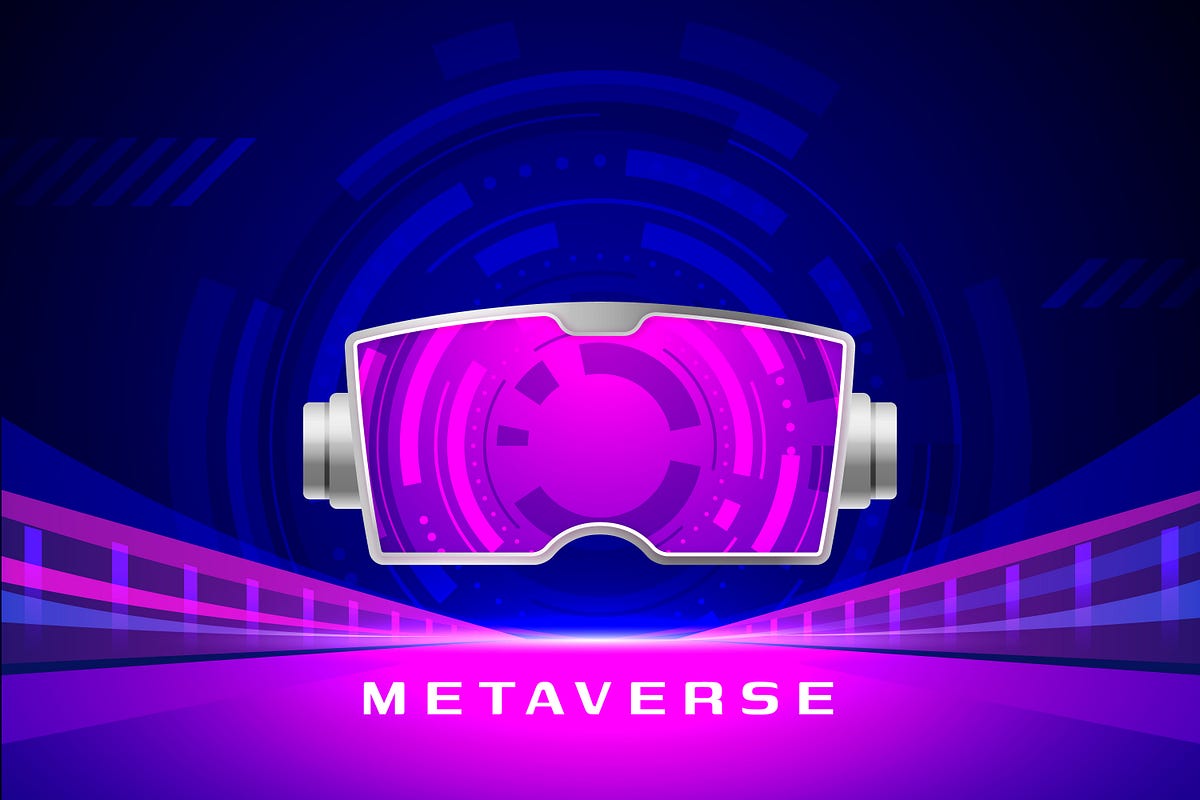
To live is the rarest thing in the world. Most people exist, that is all.
Oscar Wilde
The Gaming Revolution: From Consoles to the Metaverse
The gaming industry has undergone a remarkable transformation over the past few decades, evolving from simple console games to immersive experiences in the metaverse. This evolution is driven by advancements in technology, particularly in virtual reality (VR), augmented reality (AR), and blockchain integration for in-game assets. As we explore this revolution, we will highlight how these technologies are shaping the future of gaming.
The Rise of Virtual Reality and Augmented Reality
Virtual reality and augmented reality have emerged as pivotal technologies in redefining gaming experiences.
1. Virtual Reality (VR): VR immerses players in a completely digital environment, allowing them to interact with the game world as if they were physically present. With advancements in hardware such as affordable headsets and haptic feedback devices, VR has transitioned from a niche market to a mainstream phenomenon. By 2025, VR is expected to play a significant role in various genres, including simulation games, horror experiences, and narrative-driven adventures, enhancing player engagement and immersion .
2. Augmented Reality (AR): Unlike VR, AR overlays digital elements onto the real world, creating interactive experiences that blend physical and virtual environments. Popularized by games like Pokémon GO, AR is expanding beyond entertainment into educational applications and team-building exercises. By integrating AR into mobile gaming, developers are creating unique gameplay mechanics that encourage players to explore their surroundings while interacting with digital content .
Blockchain Technology: Revolutionizing In-Game Assets
Blockchain technology is making waves in the gaming industry by providing secure, transparent systems for managing in-game assets.
1. Ownership of Digital Assets: Blockchain enables players to truly own their in-game items through non-fungible tokens (NFTs). This ownership allows players to buy, sell, or trade assets across different games and platforms without the risk of fraud or loss. The ability to transfer assets between games fosters a thriving secondary market and enhances player investment in their virtual possessions.
2. Decentralized Gaming Economies: Many new games are incorporating blockchain to create decentralized economies where players can earn cryptocurrency through gameplay. This model incentivizes engagement and allows players to monetize their skills and time spent in-game. As blockchain technology matures, we can expect more titles to adopt these economic models.
The Emergence of the Metaverse
The concept of the metaverse—a collective virtual shared space—has gained traction as a natural progression of gaming technology.
1. Social Interaction: The metaverse allows players to interact with each other in real-time within expansive digital worlds. This social aspect enhances community building and fosters collaboration among players. Events such as virtual concerts or esports tournaments are becoming commonplace in these environments, drawing millions of participants .
2. Cross-Platform Experiences: The metaverse blurs the lines between different gaming platforms, enabling users to transition seamlessly between various games and experiences. This interconnectedness encourages developers to create content that can be enjoyed across multiple platforms, further expanding their reach.
Future Trends Shaping Gaming
As we look ahead, several trends are poised to shape the future of gaming:
1. Cloud Gaming: The rise of cloud gaming services will democratize access to high-quality games by eliminating the need for expensive hardware. Players will be able to stream AAA titles on various devices with minimal latency, broadening the audience for console-quality gaming.
2. AI Integration: Artificial intelligence is set to revolutionize gameplay by creating more adaptive non-player characters (NPCs) that respond dynamically to player actions. This level of interactivity will enhance immersion and challenge players in unprecedented ways.
Conclusion
The gaming revolution is characterized by rapid technological advancements that are reshaping how we play and interact with digital worlds. With VR and AR enhancing immersion, blockchain providing true ownership of assets, and the emergence of the metaverse fostering social connections, the future of gaming looks incredibly promising.As these technologies continue to evolve, they will not only redefine entertainment but also create new opportunities for social interaction, economic participation, and creative expression within virtual spaces. The journey from consoles to the metaverse is just beginning, and it promises an exciting landscape for gamers around the globe.



